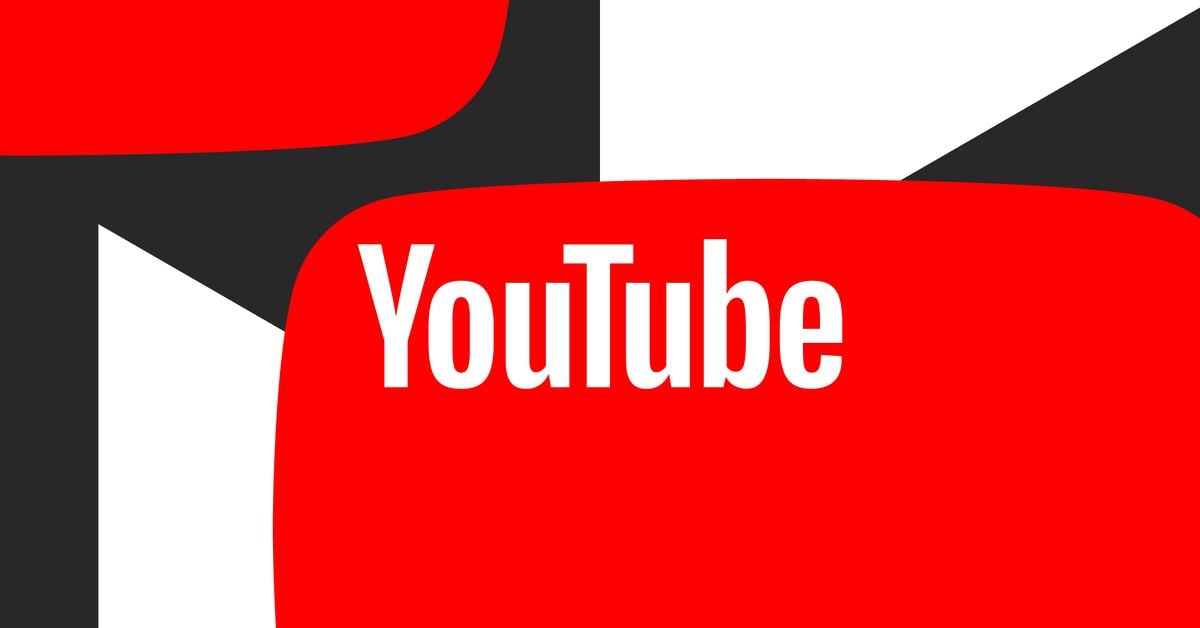Google is evil
And nothing will happen. Or Google will have to pay what it considers pocket change, and everyone will get $20.
Sounds fair. /s
I wonder what their punishment will be. Do you suppose they’ll need to dig change out of only one sofa, or two?
We’ll have to start a go-fond-me for google :(
No! You wanna tell me, a giant publicly traded company treats their employees like shit? That is the core of the concept. Sometimes I wonder what would happen, if the majority of the workers for these companies just drop out and start their own little venue, helping each other etc IMO that could be one way to fight back that killer capitalism.
If Google was able to secretly create a brand new business and CEO out of thin air, that might buy them a couple more years of good graces. After all, how long did it take people to turn on Google, Amazon, everything Elon Musk touched, etc?
This is the best summary I could come up with:
The three-member panel decided that despite denials by Google, which owns YouTube Music, and its subcontractor Cognizant, the two are, in fact, joint employers of the Austin-based workers who perform data-related tasks, like finding errors in its charts algorithm.
The contractors, who are paid as little as $19 per hour and include many hired remotely, argued that additional expenses for childcare and transportation meant returning to the office simply wasn’t feasible.
Back in November, the NLRB issued a similar ruling over a group of Bard and Search contractors who had voted to unionize — classifying both Google and Accenture as joint employers.
A new NLRB rule that took effect in December will make it even harder for companies like Google to argue they aren’t responsible for dealing with unionization efforts by third-party contractors.
That replaced a Trump-era rule on joint employers, effectively making it easier for unions to organize contract and franchise workers — much to the chagrin of the major tech companies who have increasingly relied on them.
Under the new ruling, a company such as Google or Amazon would be considered a joint employer of contracted workers if they hold control over working conditions such as pay, scheduling, discipline, and other factors.
The original article contains 352 words, the summary contains 204 words. Saved 42%. I’m a bot and I’m open source!
Goos
Hmmm, yes, the floor here seems to be made of floor. Nothing to see here. Move along!
/s








